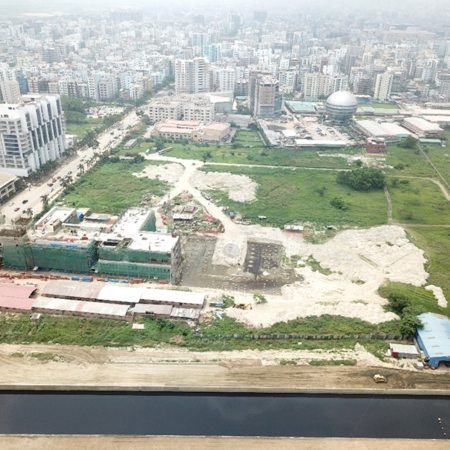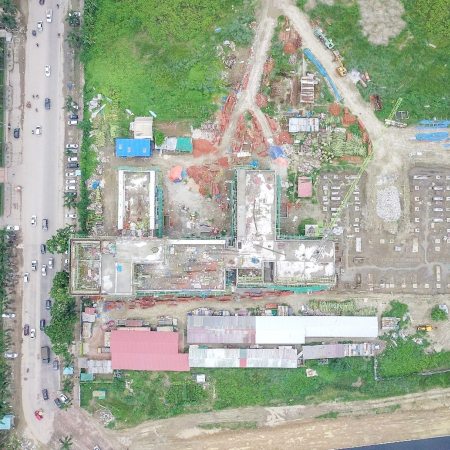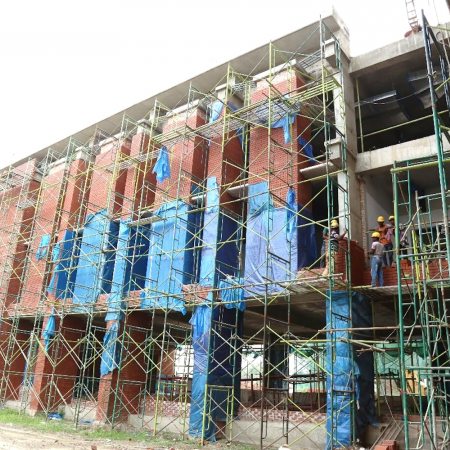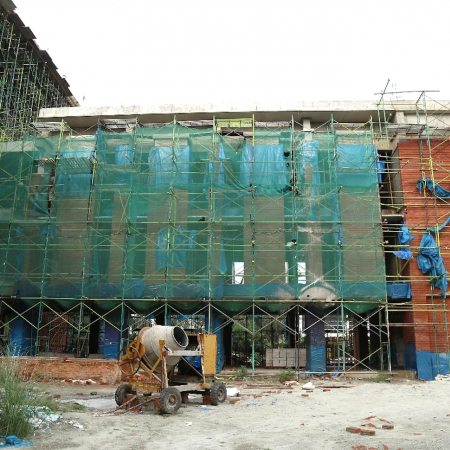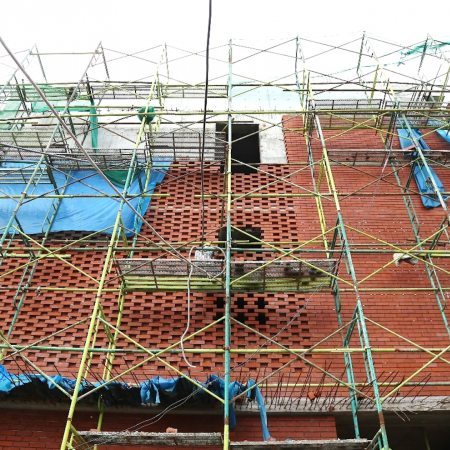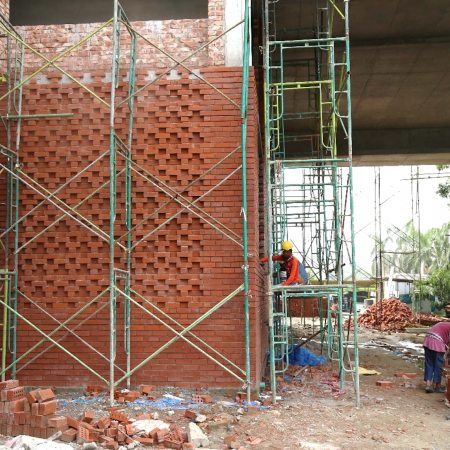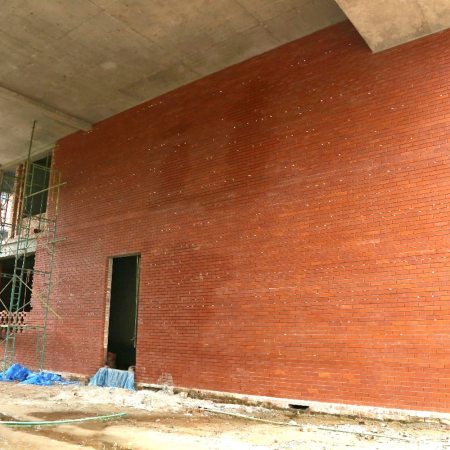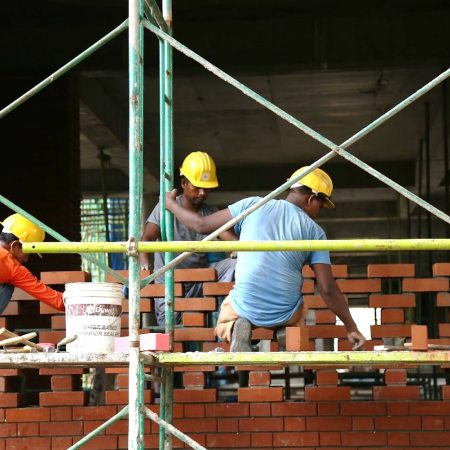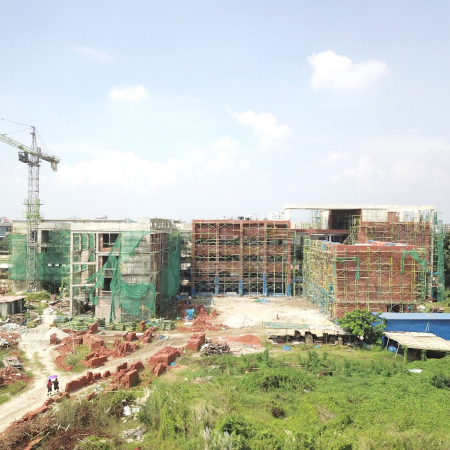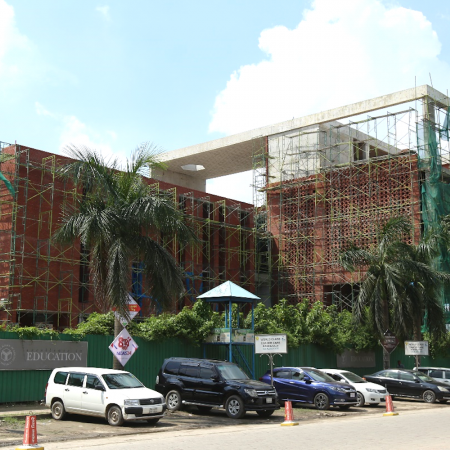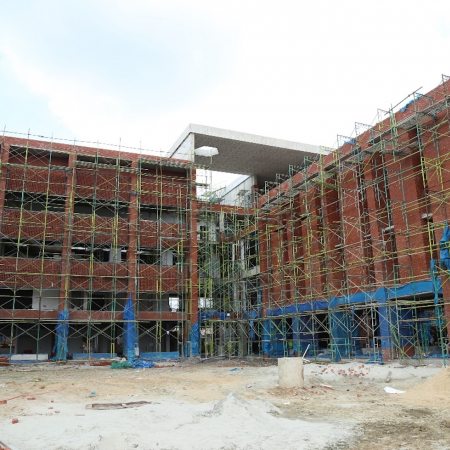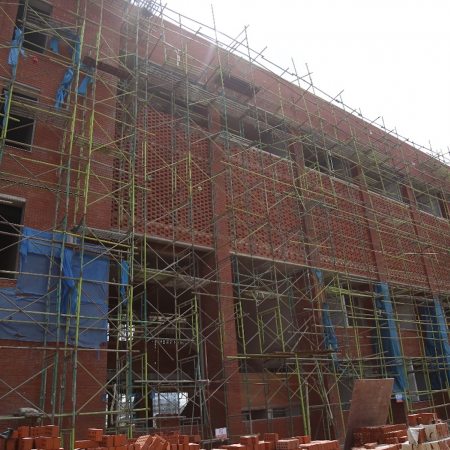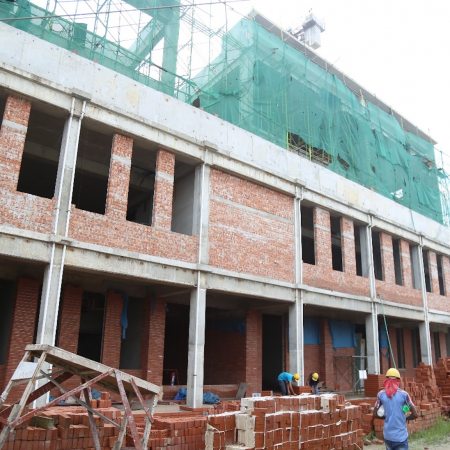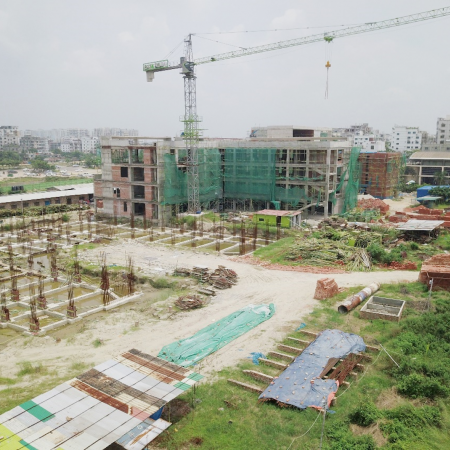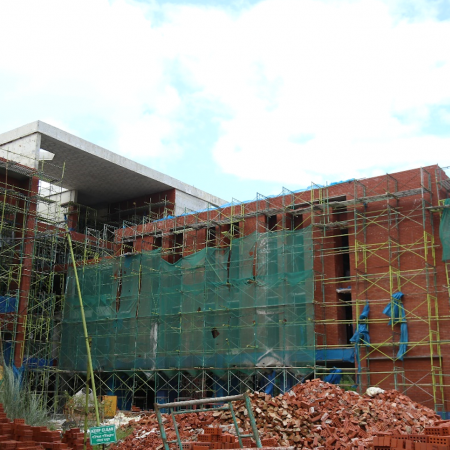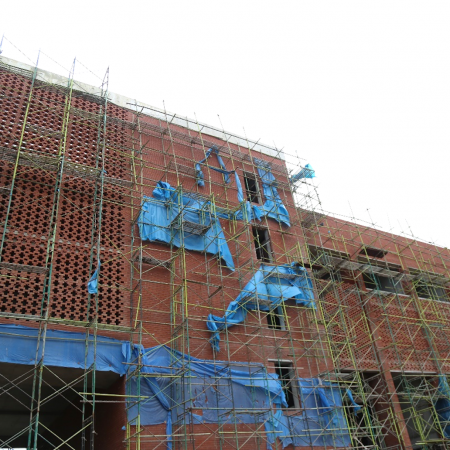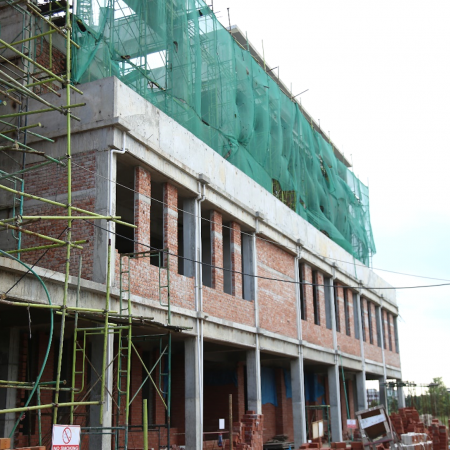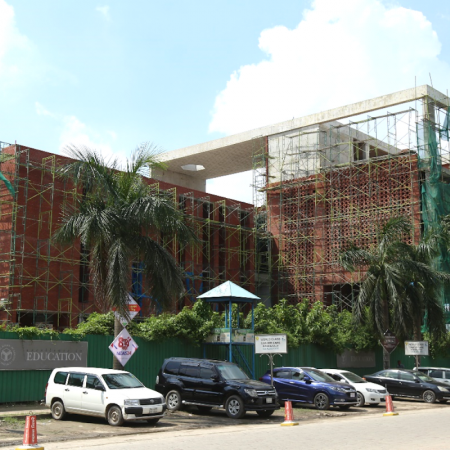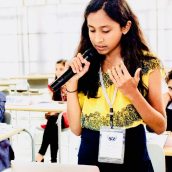Aga Khan Academy Dhaka construction - June 2019
See our latest photo gallery and aerial drone footage showing progress on the construction of the Aga Khan Academy Dhaka – June 2019.
Aga Khan Academy Dhaka – July 2019.
See our latest photo gallery and aerial drone footage showing progress on the construction of the Aga Khan Academy Dhaka – July 2019.
Aga Khan Academy Dhaka Construction Diary – September 2019
See our latest photo gallery and aerial drone footage showing progress on the construction of the Aga Khan Academy Dhaka – September 2019.
Aga Khan Academy Dhaka Construction Diary – August 2019
See our latest photo gallery and aerial drone footage showing progress on the construction of the Aga Khan Academy Dhaka – August 2019.
Aga Khan Academy Dhaka Construction Diary - November 2019
See our latest photo gallery and aerial drone footage showing progress on the construction of the Aga Khan Academy Dhaka – November 2019.
Aga Khan Schools University Counselling Handbook 2023-2024
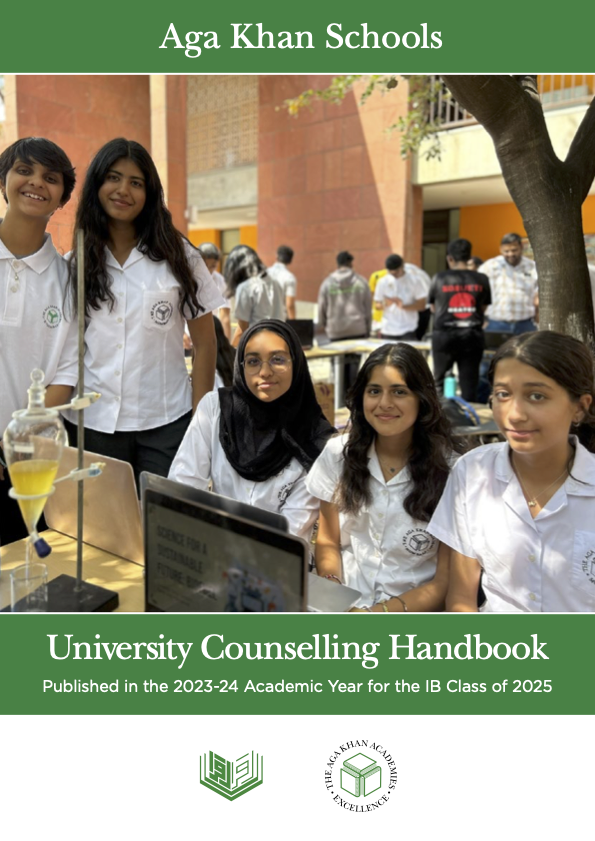
Gitika Joganpally - aspiring journalist intent on service and action
Sumeya Taquidir: Becoming a dynamic teacher
Sumeya Nemane Ussene Taquidir believes learning is a continuous process and that the Aga Khan Strands help her, as a teacher, to be dynamic and creative.
Sumeya is a year 6 and 7 Middle Years Programme science teacher, who joined the Aga Khan Academies through the Teacher Preparation Programme, which develops new teachers into International Baccalaureate practitioners. She spent a full academic year at the Aga Khan Academy Mombasa as part of her training through the programme before joining the Aga Khan Academy Maputo.
Born in Maputo, Mozambique, Sumeya graduated with a Bachelor’s of Education in science (Physics and Minor Electronic) from the Pedagogical University, Mozambique. She joined the Academies because of their philosophy of education, which engages students actively in the process of learning, and the environment of continuous professional development that helps teachers develop effective teaching methods.
During her time in Mombasa, Sumeya had the opportunity to learn how to improve her teaching skills. When asked what helped her become a more effective teacher, she said it was, “the opportunity to go to the Academy in Mombasa for training, [where] we received support in various areas in order to improve our methodologies of teaching. [The Academy provided] us the opportunity to participate in workshops, online trainings and use online resources.”
Sumeya feels that the most rewarding aspect of teaching is when she sees students applying the Aga Khan (AK) Strands in different ways. The Aga Khan Strands are cross-curricular areas of learning that help students develop dispositions and knowledge required by future leaders. Sumeya recalls, “My special memory from the Academy in Mombasa was my first day of teaching. I was very nervous mainly because I was being observed. The lesson was good, the students were familiar with the learner profile and the AK Strands, therefore, it was easy to deliver the lesson.”
She believes that with the teacher’s incorporation of the AK Strands and the learner profile into lessons, the students are better able to understand why they should respect other cultures and work together.
Although Sumeya knows that teaching is not an easy job at times, she believes that accepting challenges, communicating with students and their parents, and reflecting on teaching helps achieve positive results.
“I think it is important to create an environment with mutual respect, honesty, good relationships, and communication should be a highest priority…My rule as a teacher is to guide the students to build [their] knowledge and provide a safe environment for learning with collaborative work, respect and sharing ideas among them.”
The Academies are designed as residential schools, with many of the Senior School students living on campus. During her time in Mombasa, Sumeya had the opportunity to interact with students in the Academy’s residences, and believes that residential life complements academics and produces leaders. “They can have a different experience living with others of different cultures. They can build the spirit of leadership and they learn to think for themselves."
Teaching is ultimately a two-way process for Sumeya. She explains that she too learns from the unique environment of the Academies and through interaction with students of diverse backgrounds. “I am conscious that learning is a continuous process; every day we learn something new [which] makes me more curious to learn new things. That is why we have to be creative and dynamic teachers.”
By Inaara Gangji
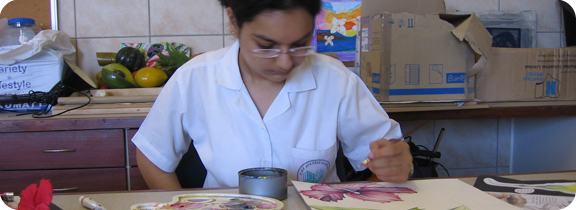
International Baccalaureate
The academic programme at the Aga Khan Academies was developed following the principles of the International Baccalaureate (IB), a world-class educational programme that emphasises rigorous, consistent schooling aligned to international standards. As a result, the Academies' Learner Profile exemplifies students and faculty that are open-minded, principled, reflective and inquiring individuals.
The International Baccalaureate programme provides international standards of evaluation, allowing students to pursue post-secondary education at world-class institutions of their choosing, with the skills for independent, creative thought and inquiry. It has become the curriculum of choice at international schools throughout the world.
The IB has come to be known not only for academic excellence but also for promoting pluralism – an understanding and appreciation of other cultures, languages and points of view.
The IB originated in Switzerland when teachers at the International School of Geneva, working with schools in Asia, Europe and the Americas, created the IB Diploma. The programme is administered by the International Baccalaureate, a non-profit institution based in Geneva, Switzerland.
Through its Primary Years (nursery school to year 5), Middle Years (years 6–10), and Diploma (years 11–12) Programmes, the focus is on creating a globally relevant education, with the integration of local contexts. Additionally, students at each Aga Khan Academy are instructed in both English and the national language, so they are able to work within their communities as well as around the world.
For more information on the International Baccalaureate, please visit the IB website.
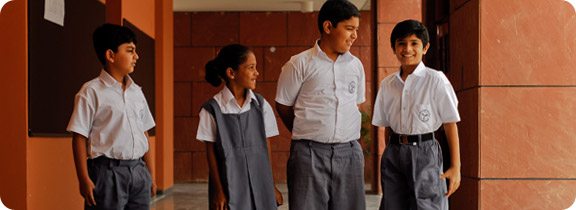
International Exchanges
An international network of Academies will eventually link students with their counterparts in Africa, South and Central Asia, and the Middle East.
International student exchanges between Academies in different countries, as well as with allied schools in Europe and North America, will offer students opportunities to broaden their worldview and learn to be at ease in multicultural settings. A common curriculum will allow students to study abroad without facing uncertainties regarding compatibility of course of study or examinations.
An inaugural programme is planned for the 2018-19 academic year for grade 9 students at the Aga Khan Academy Mombasa and the Aga Khan Academy Hyderabad. The programme will grow over the coming years, drawing in more Academies as they open and giving students the opportunity to experience life in a range of different countries and cultures.
The Academies are currently putting in place their dual language programme where English and a national language will both be languages of instruction. English will be a common medium at all Academies.
The aim is for students throughout the school to be at least bilingual, and the study of a foreign language will be greatly enhanced through immersion in that language. Likewise, appreciation and respect for other nationalities, cultures, and intellectual traditions will be greatly facilitated by direct contact with people in other countries.
Each Academy will have residential facilities in a secure campus setting. Accommodation will be provided not only for international students, but also for boarding students from within the country or region. The campus is considered a vital part of the educational programme.
Campus life is an important part of the international exchange programme. Many of the least tangible but most important elements of an education – the development of practical leadership skills, the capacity to make ethical judgments, the ability to navigate through complex cultural settings – are formed outside the classroom. Mealtimes and other informal gatherings offer opportunities for discussion, meetings, and study groups. A campus therefore greatly extends and enriches international exchanges.
